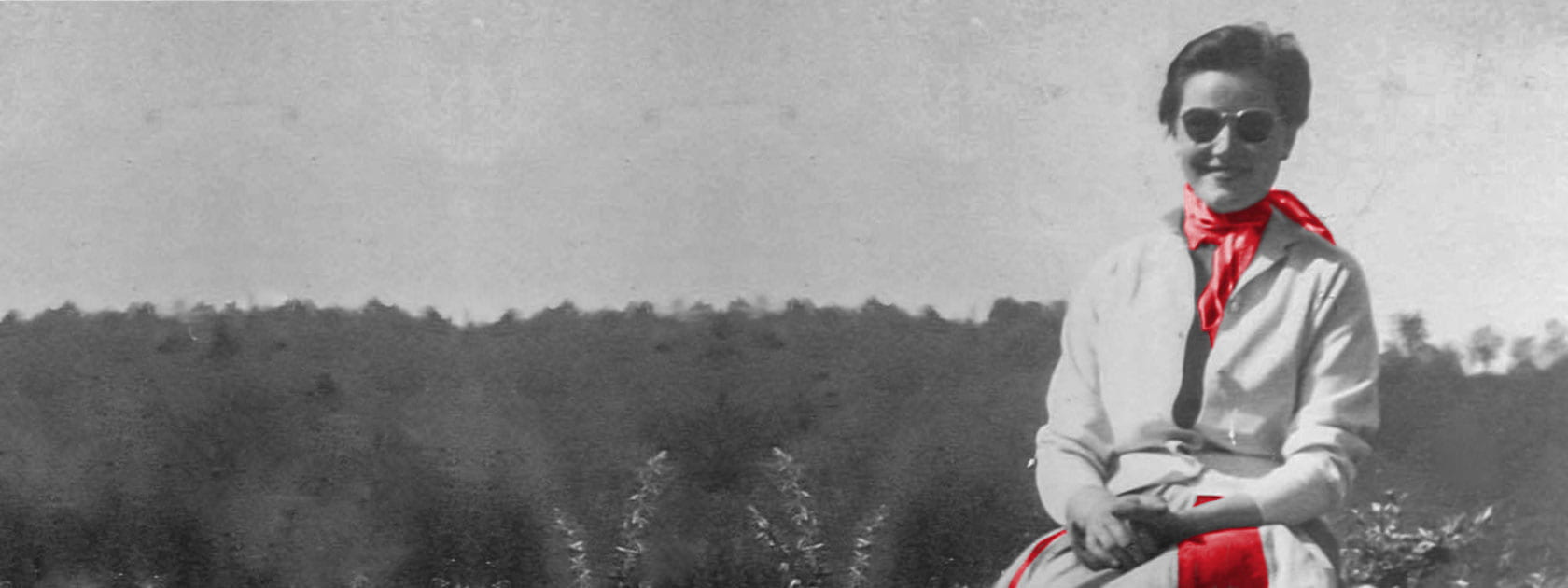Giovanni Caboto (John Cabot)
England’s Italian Journeyman – A Historical Recollection of the Voyages of Giovanni Caboto.
By Luciano Narvaez
December 5, 2022


GIOVANNI DA VERRAZZANO
Mapping the New World.
by Ashley Geddes
2022
Captain Alessandro Malaspin
An Encounter Between an Italian Explorer and the Indigenous Nootka People.
By Nadia Masi
2022


FR. JOHN NOBILI
Bringing God to the West Coast of North America.
By Joshua Sol
2022
The Iriquois
The Iroquois are an indigenous group that is native to North America. Archives and images from their timeline help share their story.
By Kiya Nolan
2022



